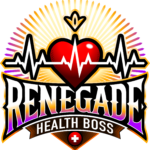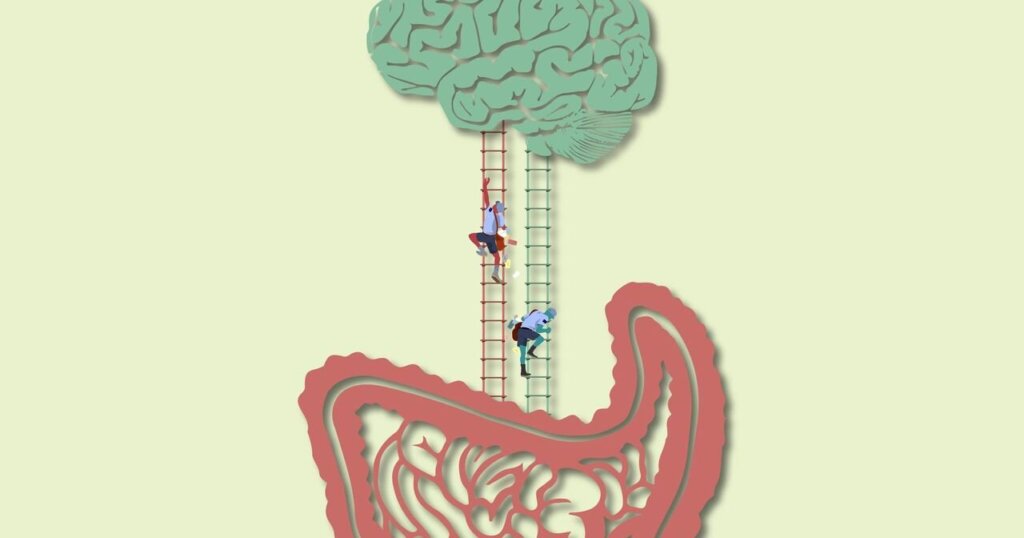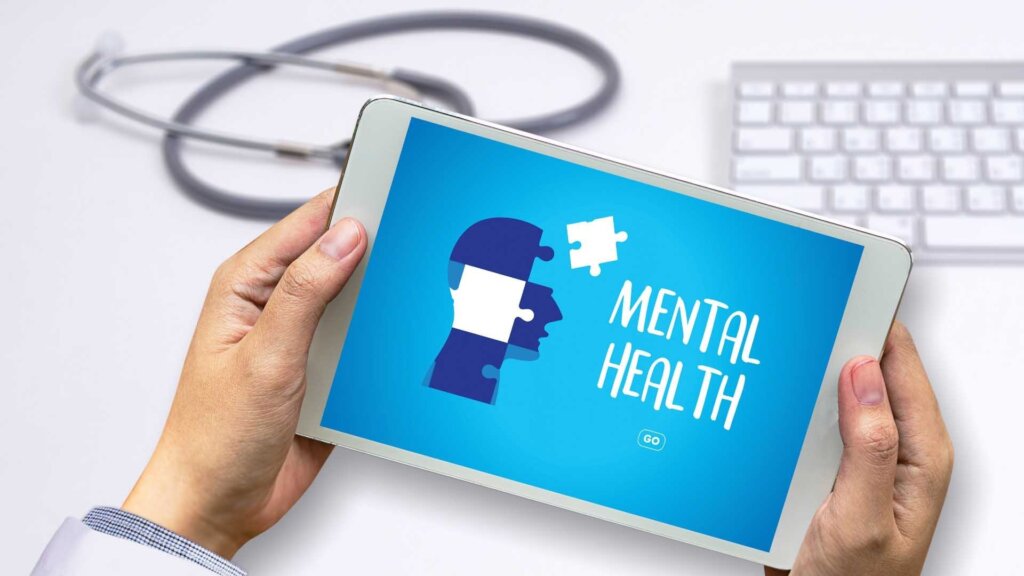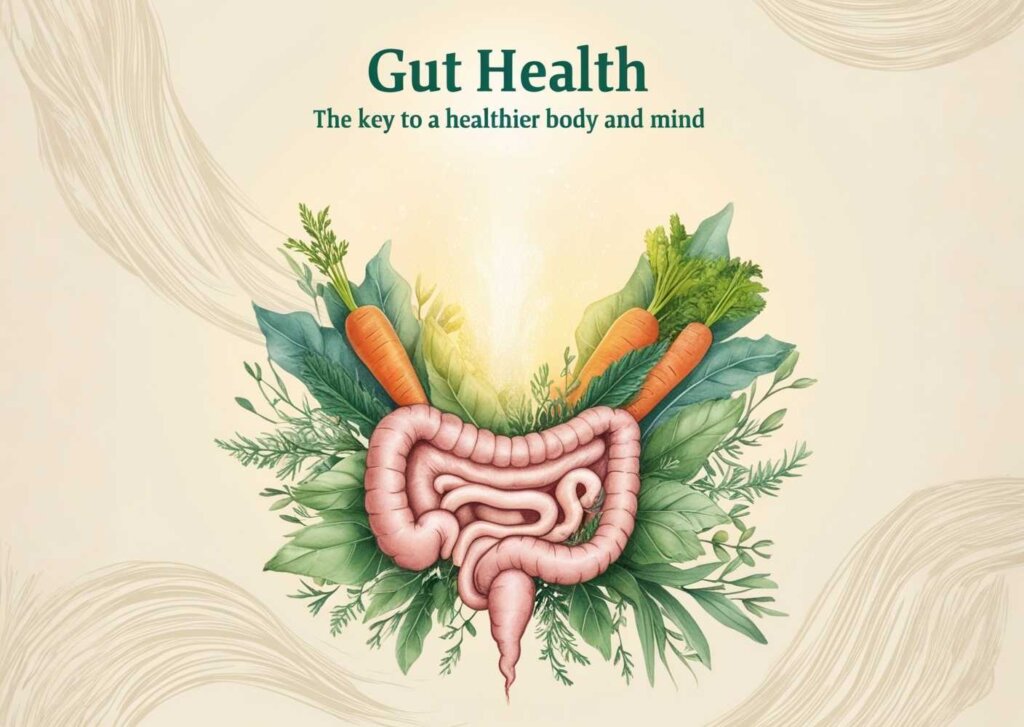In recent years, a powerful movement has emerged at the intersection of comedy and mental health awareness. Comedians, mental health advocates, and everyday people are using humor not only to entertain but also to shed light on mental health challenges that are often kept in the shadows. This new wave of “mental health comedy” helps us laugh at life’s struggles while fostering an open dialogue about depression, anxiety, and other mental health issues that need to be addressed—without fear, shame, or judgment.
This trend resonates deeply with me. As someone who has faced and fought through personal health struggles, including Lyme disease and autoimmune challenges, I’ve often found humor to be a lifeline. Comedy has become a way to connect with others, a platform to educate, and, honestly, my best therapy on many days. Here’s why comedy and mental health awareness are a perfect pairing—and why laughter might just be the medicine we’ve been searching for.
Breaking Down the Stigma with Laughter
For too long, mental health has been a subject that people tiptoe around, often fearing that open discussions might lead to judgment or misunderstanding. Comedy shatters this barrier. When comedians joke about their personal battles with mental health, they’re making it okay for others to say, “Me too.” This is especially true when performers use their routines to share authentic, often vulnerable moments from their lives.
In my own journey, I’ve seen firsthand how a single joke about my mental health—or a witty take on trauma and autoimmune struggles—can instantly disarm people, opening them up to conversations they might normally shy away from. When we laugh about it, we humanize it, and when we humanize it, we take away some of the fear and stigma.
Comedy as a Coping Mechanism
Many comedians will tell you that humor is their best coping mechanism. It’s no secret that a surprising number of comedians have struggled with mental health issues; in fact, some research suggests that comedians experience higher rates of anxiety and depression than the general public. Known as the “sad clown paradox,” this phenomenon highlights how many performers use humor as a shield, a way to process pain, or a means of connecting with others who may share similar challenges.
For me, comedy became a release valve in a life full of health battles, from the weight of autoimmune disease to the daily grind of managing symptoms. There’s something about standing in front of an audience and sharing that “relatable insanity”—the wild and often misunderstood aspects of living with chronic illness. The vulnerability and absurdity that comes through in those moments is healing, for me and, I hope, for those who can relate.

Mental Health Awareness Through Comedy
Comedy has proven to be a powerful educational tool, especially when it comes to mental health. By bringing mental health themes into stand-up routines, YouTube sketches, and social media posts, comedians can communicate important information in an approachable way. We can laugh at the relatable absurdities of anxiety, for example, and then walk away with a better understanding of what it actually feels like to live with it.
I’ve seen the impact of these performances, both in my own work and from other performers in the comedy community. Audience members often tell me after a show, “Thank you for saying that—I thought I was the only one.” This moment of connection creates a safe space for people to discuss their own mental health struggles and realize they aren’t alone.
Using Humor for Self-Expression and Healing
Comedy allows people to express the parts of themselves they may feel pressured to hide. Personally, my comedy is a mix of honesty, self-deprecating humor, and a bit of what I call “healing sass.” It’s my way of addressing life’s struggles without letting them have the last word. I like to remind myself and my audience that even when life gets serious, we don’t have to take ourselves too seriously.
Through my journey as a health practitioner and comedian, I’ve learned that humor isn’t just about getting laughs; it’s about finding joy and sharing it, especially in the most unexpected places. Whether it’s poking fun at my “judgmental Health Nazi” alter ego or talking about being a “fat health practitioner,” my comedy breaks down stereotypes and brings real, raw conversations to the table.
Tips for Finding Humor in Your Own Mental Health Journey
If you’re wondering how to bring humor into your own mental health journey, here are a few tips:
1. Start with Self-Compassion – Laughing at yourself doesn’t mean you’re trivializing your struggles. Instead, it’s about accepting them with kindness and giving yourself permission to find moments of lightness, even on difficult days.
2. Share Stories – Whether you’re writing them down, sharing them with friends, or telling them on stage, stories have a way of turning pain into laughter. It’s not about forcing positivity but rather finding humor in the way life can surprise us.
3. Engage with Relatable Comedy – Seek out comedians or content creators who use humor to discuss mental health. You’ll be surprised how comforting and cathartic it can be to hear someone make light of something you once thought was impossible to laugh about.
4. Laugh With Others – Remember, you’re not alone. Find a community, online or in person, that encourages open and humorous discussions about mental health. Laughter is infectious and a powerful bonding experience.
The Bottom Line: Laughing at Life Together
As someone who has navigated a complex health journey, I know that laughter has been one of the best tools in my mental health toolkit. When we can laugh about our challenges—whether on a comedy stage or with friends—it lightens the load and brings us closer to understanding each other. Comedy and mental health awareness may seem like an unlikely pair, but together, they help break down barriers, foster empathy, and bring some much-needed light to the darkest places.
So, let’s keep laughing. Let’s keep sharing our stories, embracing the quirks of life, and finding strength in humor. After all, sometimes the best medicine really is just a good laugh.
Read More Blogs:






